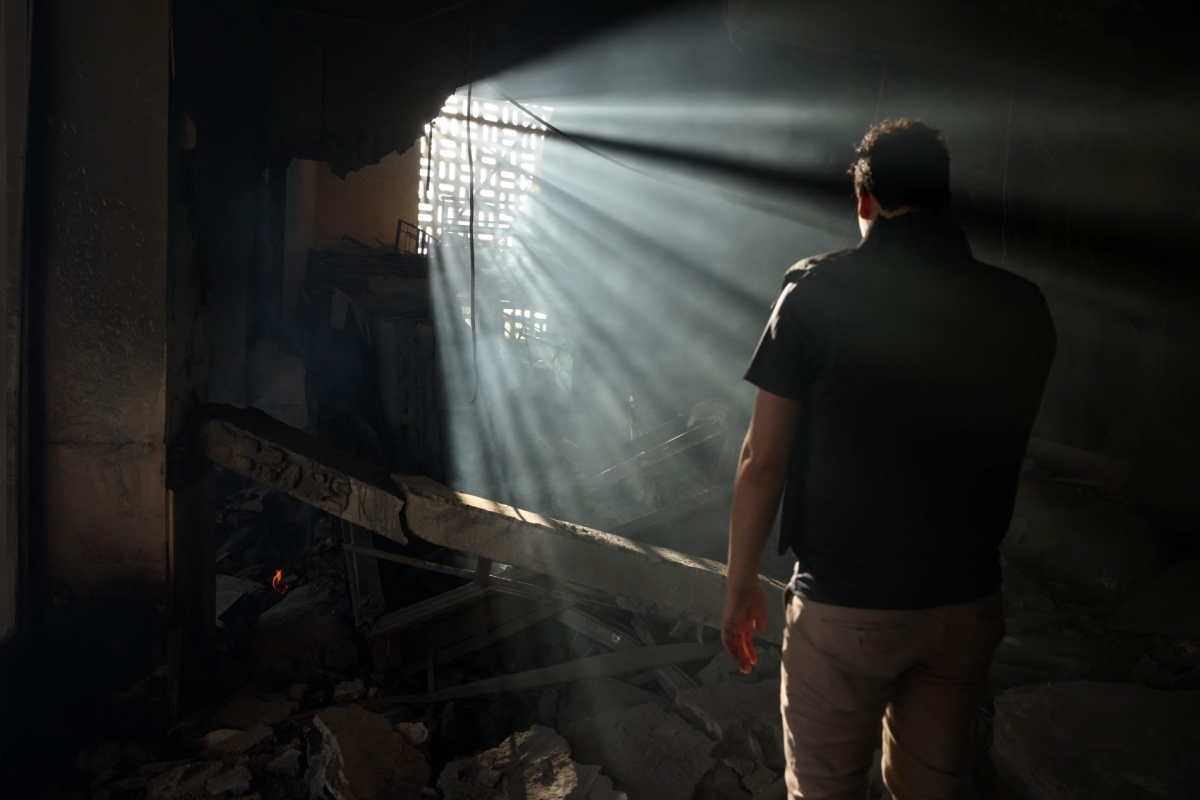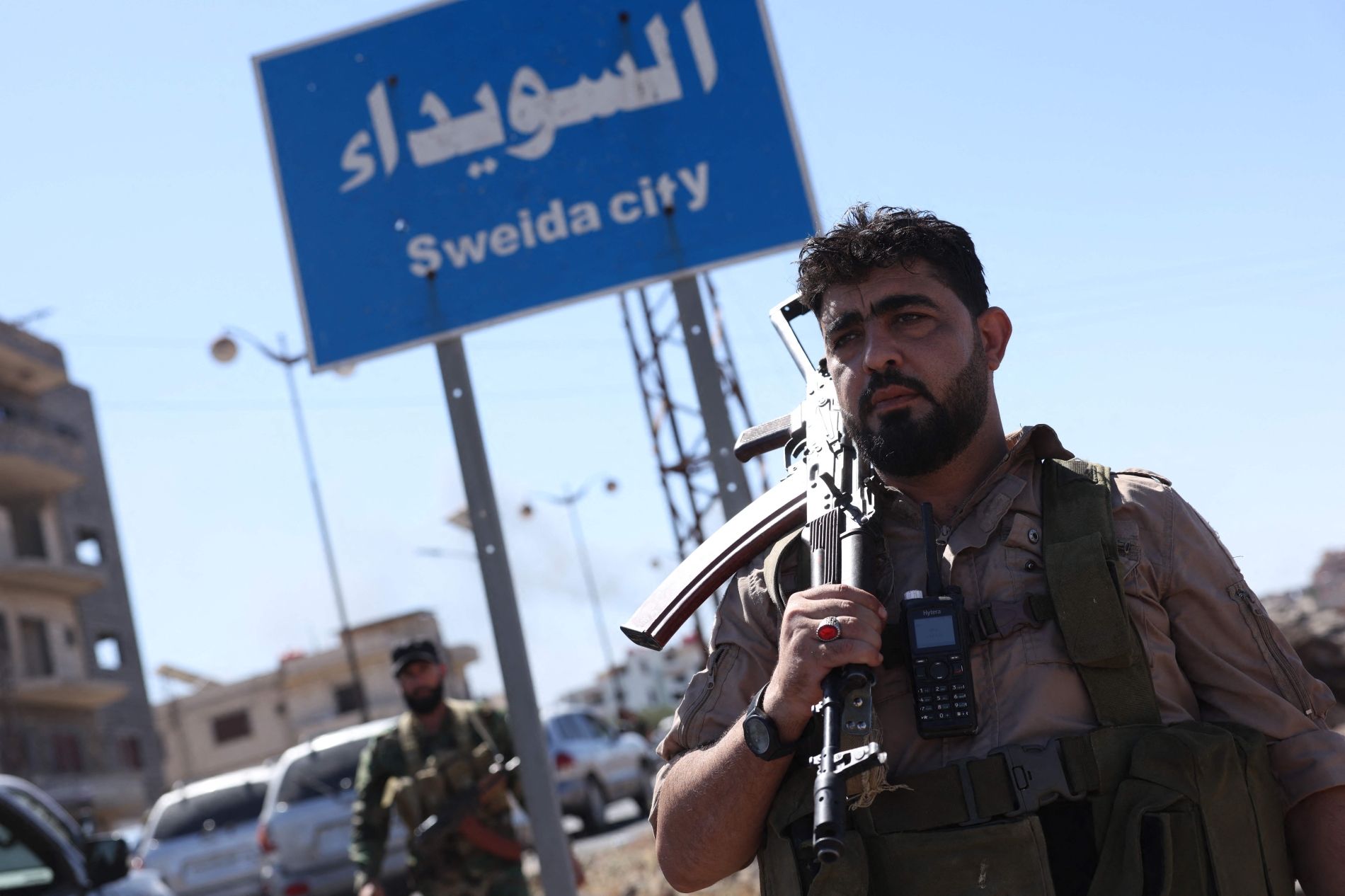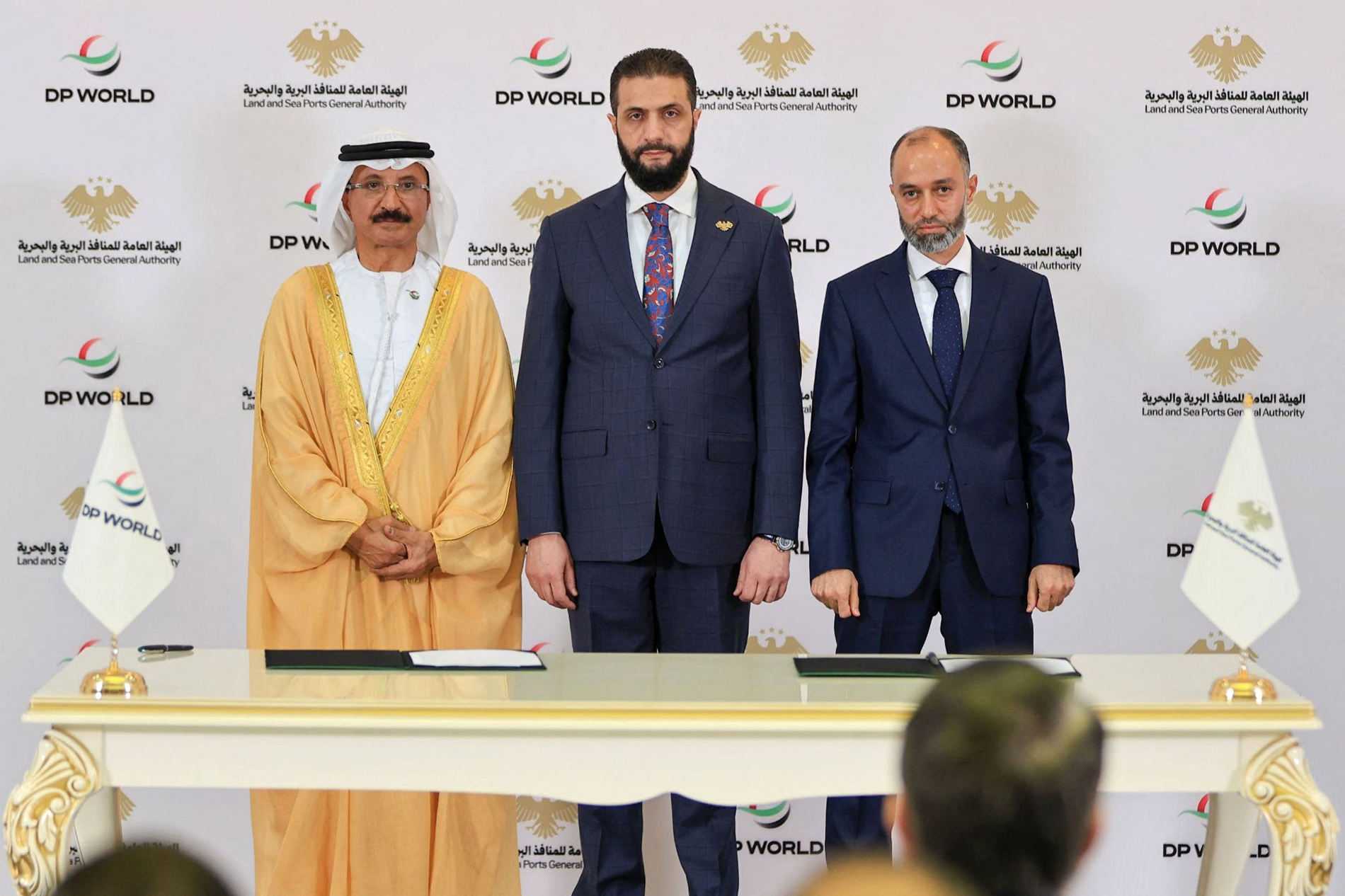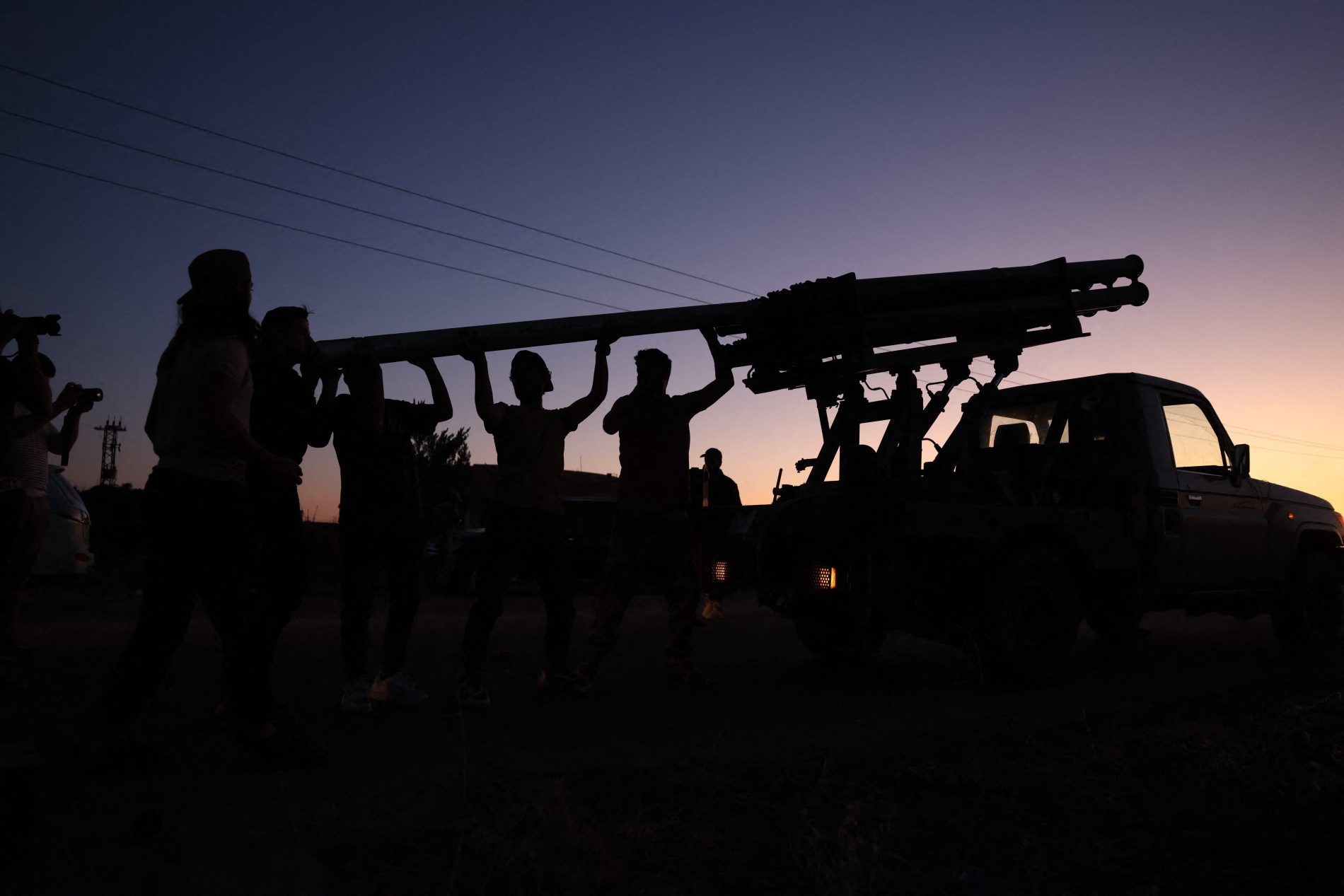Israel’s air force has attacked Syrian government troops, tanks, and army headquarters in Damascus and the south after fighting in the southern Druze-dominated city of Suweida, where Syria's government had sent soldiers to quell growing unrest.
The initial incident that sparked the conflagration involved the kidnapping of a Druze merchant on the road to Damascus, with accusations soon being made against the area’s Bedouin tribes. Druze fighters then surrounded a Bedouin town, resulting in clashes, with dozens killed. A tentative ceasefire held only for a few hours.
The central government, led by President Ahmed al-Sharaa, sent security forces to the semi-autonomous Druze city to restore calm and allow people to return to their homes. Soon, the government announced that it had reached agreement with local “notables and dignitaries,” under which the Druze community would accept Interior Ministry and Defence Ministry forces to stabilise the situation.
Yet the Israeli military still attacked Syrian forces and weaponry sent to the Suweida, saying “the regime intended to use (them) against the Druze”. Several government soldiers were killed. The Defence Ministry was also struck. The ministry said the initial Druze-Bedouin clashes (following the initial kidnapping) were a symptom of a broader issue: a power vacuum and a lack of state authority in southern Syria.
Cultivating links
Israel sees it differently. Tel Aviv would rather Syria’s central government remain weak, particularly in southern Syria, near its border. It has therefore made a point of publicly backing the Druze, who want to maintain some form of autonomy, striking Syrian government forces sent to Druze-dominated areas.
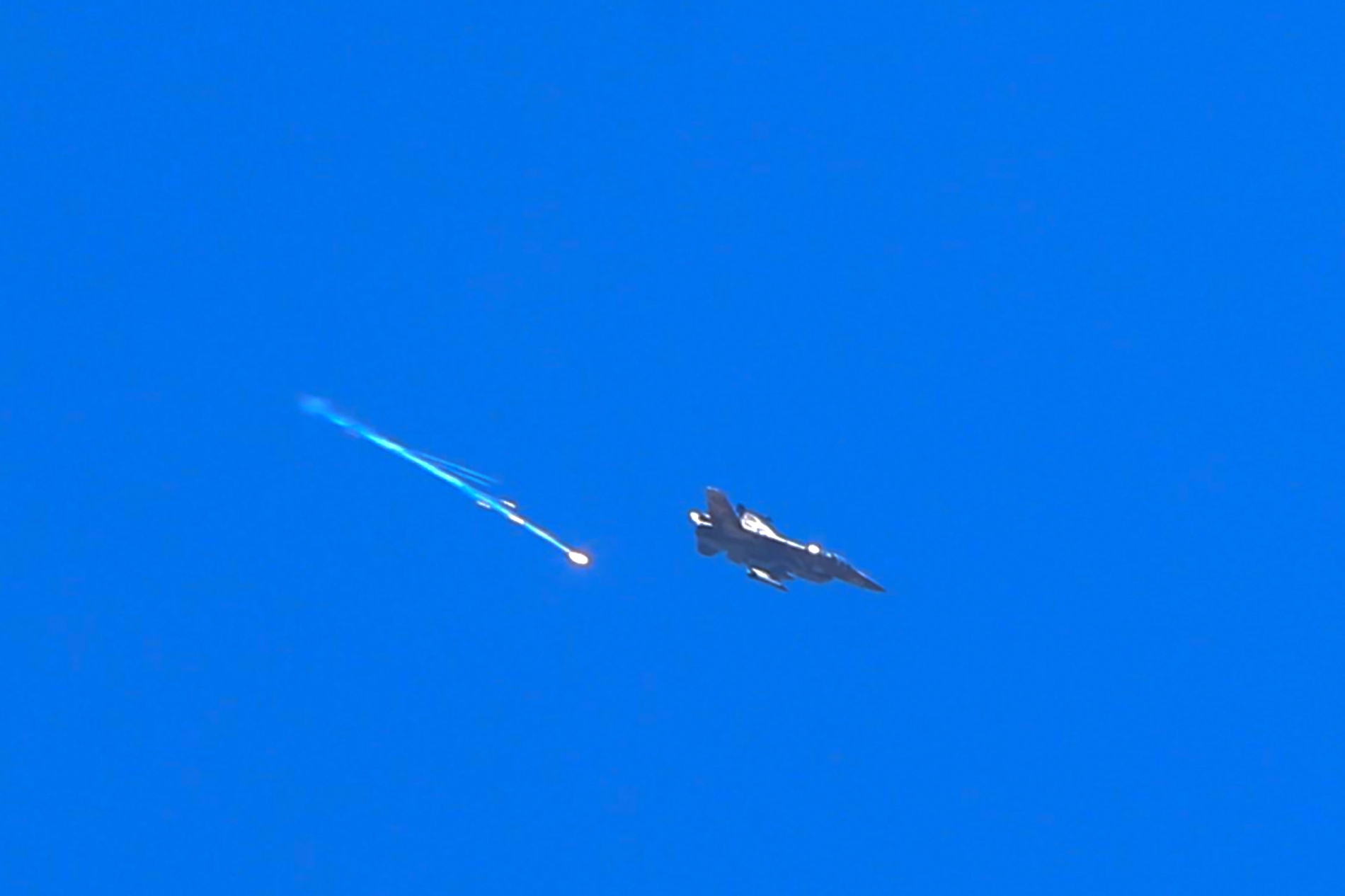
In March, for the first time in decades, Syrian Druze were allowed to enter Israel. Buses made their way to the grave of Sheikh Amin Tarif, the community’s spiritual leader from 1928-93. They were met by members of the Druze community in the Israel-annexed Golan Heights. There was excitement surrounding the pilgrimage. Druze flags flew on the road, as two communities separated by a border and the enmity of two states met once again.
In his speech, the leader of the visiting Syrian Druze acknowledged that this was a “sensitive” moment. Since the fall of the Bashar al-Assad regime in Syria, Israel has styled itself as the self-appointed defender of minorities, be they Druze, Kurd, Alawite, or Christian. By protecting Syrian Druze and distributing aid to Suweida, Israel can claim it is extending protection to its own Druze community, and has pledged to give Syrian Druze the right to work in Israel.
Friends and foes
Events of recent days are not the first Israeli intervention on the side of Syria’s Druze. Earlier this year, when clashes broke out between residents in the Druze-populated town of Jaramanah south of Damascus and fighters belonging to the new Syrian government, Israel sent warnings that it would not allow government forces to enter the city, Israel’s Defence Minister Israel Katz ordering Israeli forces to “prepare to defend” the city, adding: “We shall not allow Syria’s extremist Islamic regime to harm the Druze. Should the regime harm the Druze, it will be struck by us.”
Syrian Druze are stuck between the danger involved in siding with Israel and real concerns regarding the new Syrian regime. Druze community members remember Jabhat al-Nusra, a predecessor group led by current president Ahmed al-Sharaa, whose fighters attacked the Druze community. Islamic State once carried out a massacre in Suweida, taking dozens hostage. The merchant’s kidnapping likely revived such fears.


